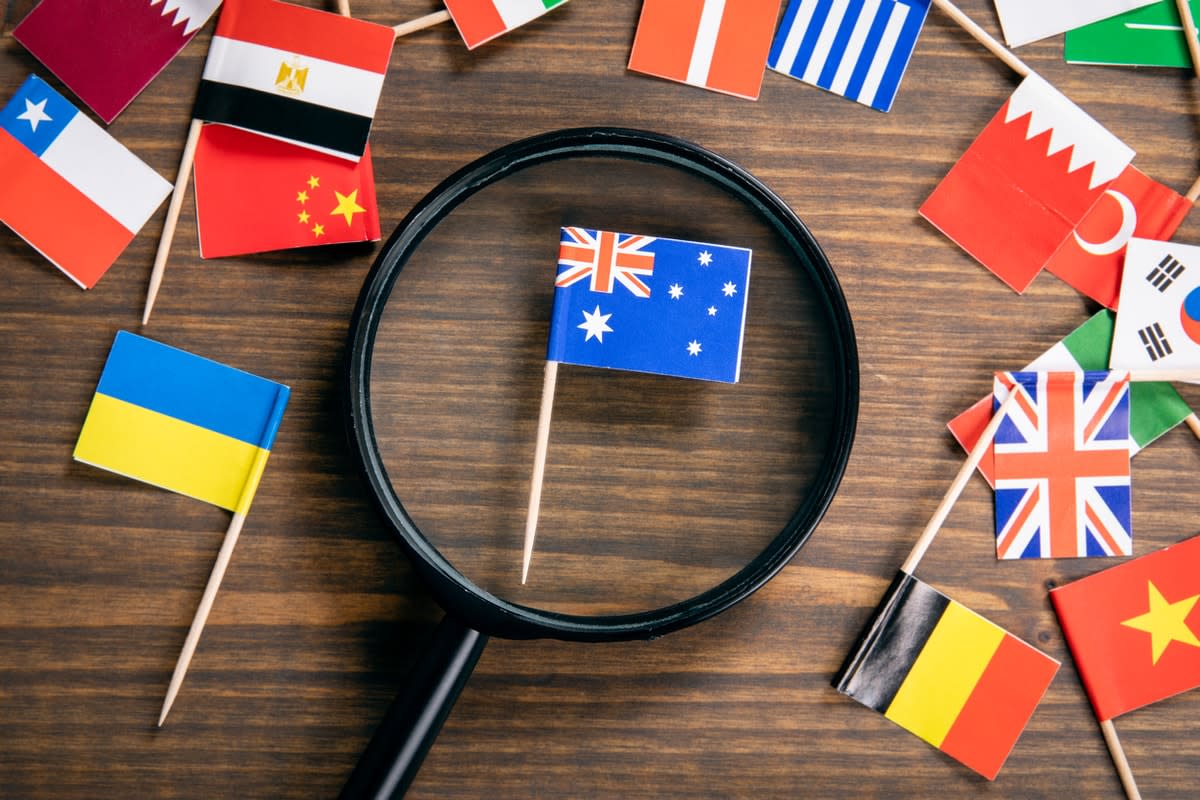
Leaders are often defined by how they respond to disasters – historically, the greatest leaders have steered us through the darkest times.
When we look back at the COVID-19 pandemic, “I think Scott Morrison will be seen as a very significant prime minister”, political scientist Zareh Ghazarian says.
“It’s really interesting that the man who, with a bit of luck, toppled Malcolm Turnbull, and who was able to win the unwinnable election, now finds himself in one of the most significant moments of Australian politics, and of its economic development.”
After defeating Labor leader Bill Shorten last May, Morrison’s response to the summer’s bushfire catastrophe disappointed many.
“He lost a lot of goodwill,” Dr Ghazarian says, “especially when it was revealed that he had gone on holidays to Hawaii. There was a sense that he wasn’t a caring prime minister, and that he had left the country at a time when the country needed him most.”
Prime ministership redefined
The COVID-19 pandemic, he says, has allowed Morrison to “reset” his prime ministership.
“Rather than appear to be aloof or not concerned about the welfare of Australians, this crisis has given Morrison the chance to reposition himself as that average Australian that he had so desperately tried to be seen as during the election campaign,” Dr Ghazarian says.
The health and economic emergency has allowed the Prime Minister to redefine himself in other ways, too, he says.
Read more: Stay positive, Scott Morrison: When you berate people for bad behaviour, they do it more
Mr Morrison now presides over a national cabinet, which includes senior Coalition ministers and the state premiers. The approach is reminiscent of wartime cabinets, and allows Morrison to fashion a productive federal-state response while reaching across party lines.
The man who once crowed “Where’s the money coming from” whenever Labor outlined its reform program, and who joined in ridiculing the Rudd government for its fiscal stimulus package during the global financial crisis, is now pumping billions into the economy.
He's announced $750 cash grants to people on low and fixed incomes, doubled the unemployment benefit for six months (Newstart has been rebranded the Jobseeker allowance), and is spending $130 billion on wage subsidies for employees rendered temporarily redundant by the lockdown laws.
“Many countries in the months ahead, and perhaps beyond that, may well see their economies collapse,” the PM told reporters on 30 March.
“Some may see them hollow out in the very worst of circumstances. We could see countries themselves fall into chaos … This will not be Australia.”

Morrison has adopted a “whatever it takes mentality” to keep Australians safe and – as far as possible, given the multiple uncertainties – the economy afloat, Dr Ghazarian says.
“Morrison is very much a pragmatist, and he's leading a pragmatic team. The other option would be to go back and to be very prudent with government money and how it is spent.”
This willingness to forsake Liberal ideology when required was also a hallmark of former Liberal prime minister John Howard’s governing style, Dr Ghazarian says.
In recent days, the Morrison government has urged the private sector to make sacrifices. The national cabinet has called for a temporary moratorium on commercial and residential rents, and the banks are offering mortgage relief to customers who have lost their jobs. The gesture has allowed the banks also to “reset” their public image after being shamed by the banking royal commission’s revelations, Dr Ghazarian says.
More broadly, the government’s robust response to the crisis has underlined the importance of government itself – it's a reversal of the Coalition’s historic preference for small government.
“This is certainly an incredible period for government,” Dr Ghazarian says. “We can see that government is an important, powerful force.
“We see the importance of government to make decisions, to free up money, to pay for things that would otherwise not be there. It's a useful reminder of the power and the significance of government in everyone's life.”
State-federal partnership in focus
The national cabinet has also brought the state-federal partnership into focus, with the premiers preoccupied with hospitals and schools, which are their responsibility, and the Prime Minister concerned with balancing medical and economic considerations, he says.
The emergency “has allowed Morrison to show his warmer side, the more inclusive side of a leader in a wartime setting, who is concerned not only with the health of the community, but also its economic health”, Dr Ghazarian says.
“His message is that he's leading a government that will build a bridge to get the population across this crisis to the other side – that's inclusive language.”
“His message is that he's leading a government that will build a bridge to get the population across this crisis to the other side – that's inclusive language.”
Labor is in a difficult position – it doesn’t want to be a rubber stamp, but also doesn’t want to be seen as impeding the government’s efforts.
And so the Opposition is agreeing with the government’s interventions, while making suggestions of its own. In this climate, people are not listening to the Opposition, Dr Ghazarian says.
“They're really just looking at the government and asking what the government is doing, and what will it do next to try and soften the economic problems.”





